The Psychology of Horror Movies
When it comes to horror films, many people believe that it’s all about jump scares, creepy visuals, and a dark atmosphere. However, there is much more to it than meets the eye. The psychology behind horror movies plays a crucial role in their success and our reactions to them. In this article, we will delve into the intriguing world of horror films and how understanding their psychological effects can enhance our viewing experience. From positive conditioning to physiological reactions, we will explore the various elements that make horror films so appealing, as well as the potential effects they can have on our minds. So buckle up and prepare to dive into the psychology of horror films.
Positive Conditioning and Fear
When it comes to the psychology of horror films, it’s important to recognize that the techniques and storytelling are crucial components, but they aren’t the only factors in creating a successful and impactful horror movie. I understand that psychological theories can be effectively used to harness the intricate and deeply ingrained human responses to fear.
One of the most fundamental tactics in understanding the appeal of horror films is positive conditioning, which plays a significant role in how individuals perceive and react to fear-inducing stimuli in the context of cinema. This conditioning involves the association of something frightening with a positive outcome, thereby altering the emotional response to the fear stimulus.
Contrary to common belief, a majority of individuals derive enjoyment from horror movies. Through a psychological lens, this phenomenon can be attributed to the complex interplay of emotions and the neurobiological responses that these films elicit.
Understanding the psychology behind these emotions is essential in unraveling the enigma of why many people are drawn to horror films, despite the intense fear and anxiety they may evoke.
In the pursuit of understanding the psychology of fear and the allure of horror movies, it is essential to recognize the role of the human psyche in seeking out emotional intensity and the thrill of experiencing fear within the safe confines of a fictional narrative. This psychological quest for intense emotions and the enthrallment with the adrenaline-inducing nature of horror films underscores the intricate relationship between the human mind and the portrayal of fear in cinema.
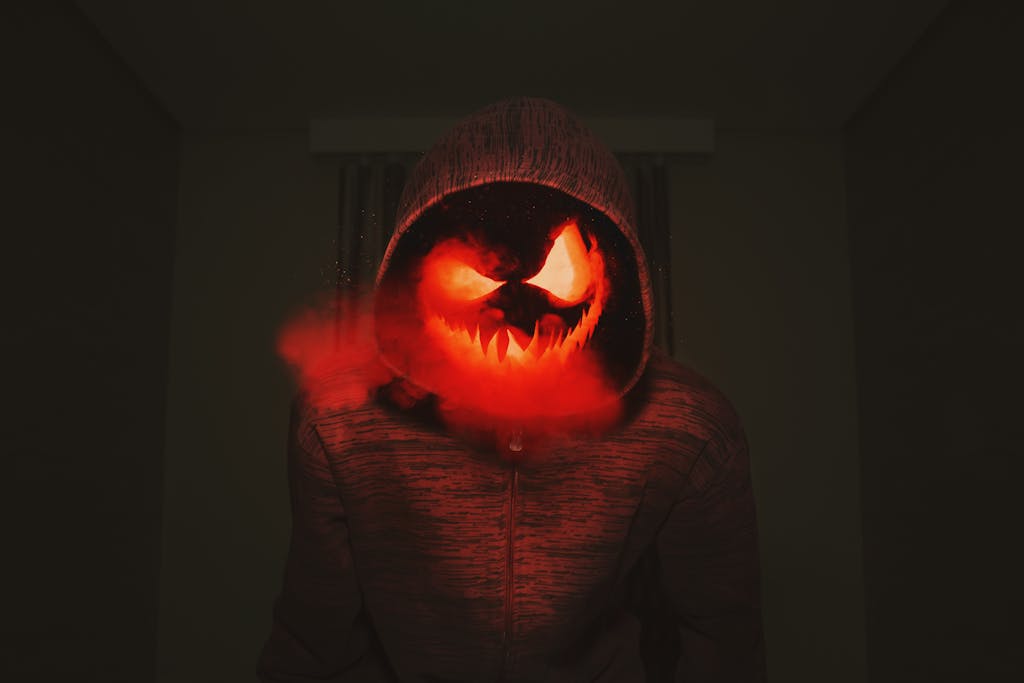
The Psychological Allure of Horror Films
To be honest I am deeply intrigued by the psychological allure of horror films and the myriad of factors that contribute to their widespread popularity. The psychological attraction to horror films can be attributed to a multifaceted interplay of human emotions, the innate fascination with the unknown, and the gratification derived from confronting and overcoming fear.
One of the fundamental driving forces behind the appeal of horror movies lies in the innate human curiosity and attraction to the unknown. This inherent fascination with the enigmatic and the macabre is deeply rooted in the human psyche, and it often serves as a compelling psychological impetus for individuals to seek out the thrill of the unknown through the medium of horror cinema.
The Morbid Fascination with the Unknown
The morbid fascination with the unknown embedded within the human psyche is a psychological undercurrent that significantly contributes to the widespread allure of horror films. This intrinsic attraction to the enigmatic and the unexplored serves as a compelling psychological force that draws individuals towards the chilling narratives and terror-inducing scenarios portrayed in horror movies.
Furthermore, the allure of horror films can be attributed to the profound psychological gratification that individuals derive from confronting and ultimately overcoming fear. I recognize that the act of willingly subjecting oneself to fear-inducing stimuli within the controlled environment of a horror movie is intricately linked to the psychological process of conquering one’s deepest apprehensions and anxieties.
This process of psychological conquest and the subsequent catharsis that accompanies it serve as fundamental drivers of the inherent allure of horror films, as individuals are afforded the opportunity to navigate the intricate landscape of fear within the safety of a fictional narrative, ultimately emerging with a profound sense of psychological empowerment and triumph over their primal fears.
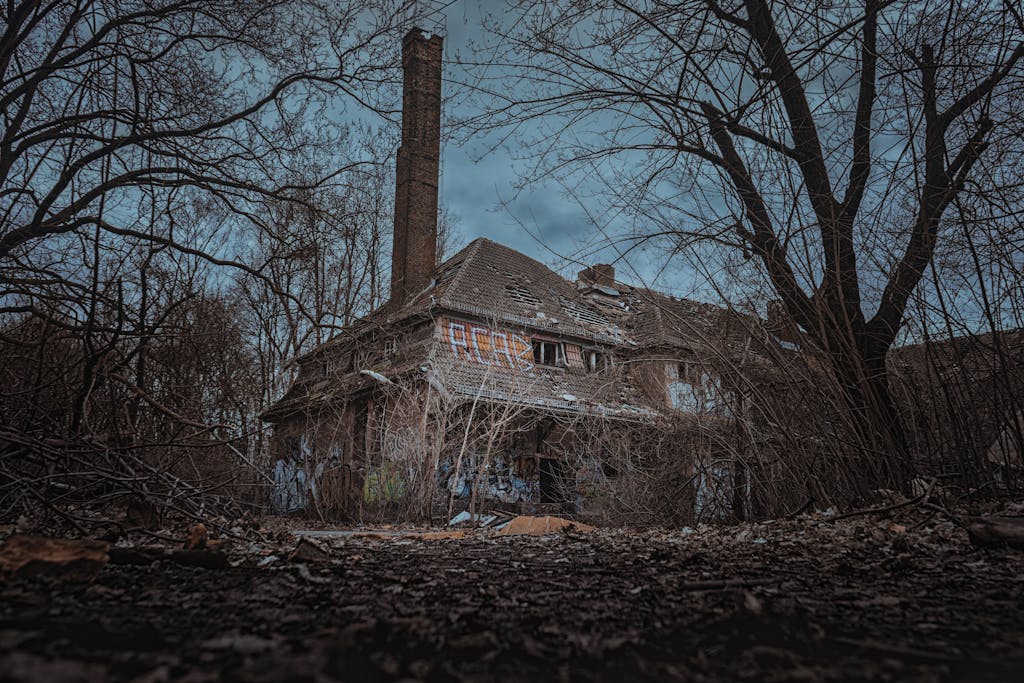
Related: If you like horror movies, maybe you would like to know about the mysteries of Forensic Psychology
The Physiological Response to Terror
Understanding the physiological response to fear within the context of watching horror films is essential in comprehending the profound impact that these cinematic experiences exert on the human body and the intricate interplay between the psychological and physiological domains.
The portrayal of terror and fear-inducing stimuli in horror movies elicits a cascade of physiological responses within the human body, ranging from an accelerated heart rate to the activation of the fight-or-flight response.
Increase in Heart Rate
One of the most prominent physiological responses elicited by the viewing of horror films is the significant increase in heart rate. I am acutely aware of the profound impact that fear has on the human body, and the escalation of heart rate serves as a physiological manifestation of the intense emotional arousal elicited by the portrayal of fear and terror on screen.
This heightened state of physiological arousal is a testament to the potent effects of horror movies on the human body, as the enthralling and fear-inducing nature of these cinematic experiences engenders a marked and palpable impact on the cardiovascular system, thereby underscoring the profound physiological reactivity that accompanies the viewing of horror films.
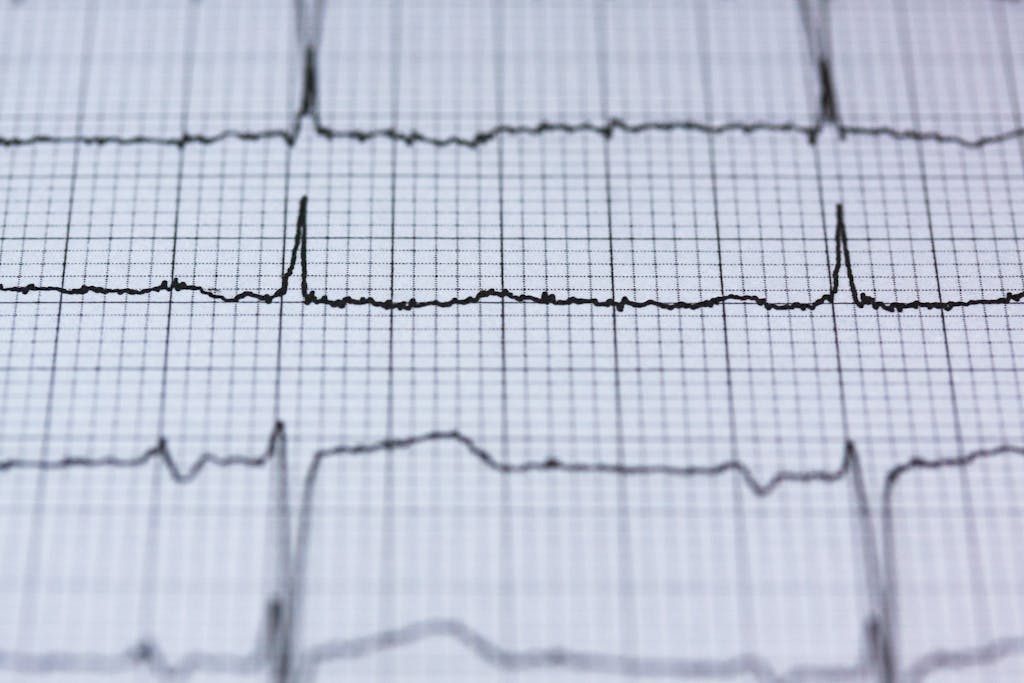
Activation of the Fight-or-Flight Response
Furthermore, the portrayal of terror and alarming scenarios in horror films elicits the activation of the fight-or-flight response, engendering a state of heightened physiological arousal that is deeply intertwined with the psychological experience of fear and anxiety.
This complex interplay between the psychological and physiological domains underscores the profound impact of horror films on the human body, as the elicitation of the fight-or-flight response represents a fundamental manifestation of the intricate and deeply ingrained survival mechanisms that are evoked in response to perceived threats and fear-inducing stimuli.
The Psychological Effects of Watching Horror Movies
Delving into the psychological effects of watching horror movies reveals a complex tapestry of emotional and cognitive responses that culminate in a profound and multifaceted impact on the human psyche. The exposure to intense fear and vulnerability depicted in horror films can trigger a range of psychological responses, including anxiety, insomnia, and the manifestation of phobias.
Anxiety, Insomnia, and Phobias
One of the primary psychological effects of watching horror movies is the elicitation of anxiety, insomnia, and the potential development of phobias as a result of the intense and fear-inducing stimuli portrayed on screen.

The exposure to terrifying and distressing scenarios depicted in horror films can engender a profound sense of unease and apprehension in humans, thereby precipitating the onset of anxiety and sleep disturbances. Furthermore, the repeated exposure to phobia-inducing stimuli within the context of horror movies can potentially contribute to the development and exacerbation of specific phobias, underscoring the intricate and profound psychological effects that these cinematic experiences can exert on the mental well-being of individuals.
Related: If you’re interested in anxiety, insomnia and phobias then maybe you would like to learn about the Science of Mind and Behaviour.
Potential for Mental Trauma
Moreover, the consumption of horror movies has the potential to precipitate mental trauma and psychological distress in susceptible individuals, particularly those with pre-existing anxiety or fear-related disorders.
I am aware of the profound impact that these fear-inducing stimuli can exert on individuals with heightened vulnerability to psychological distress, thereby underscoring the potential for horror movies to elicit a range of mental health implications that warrant careful consideration and psychological scrutiny.
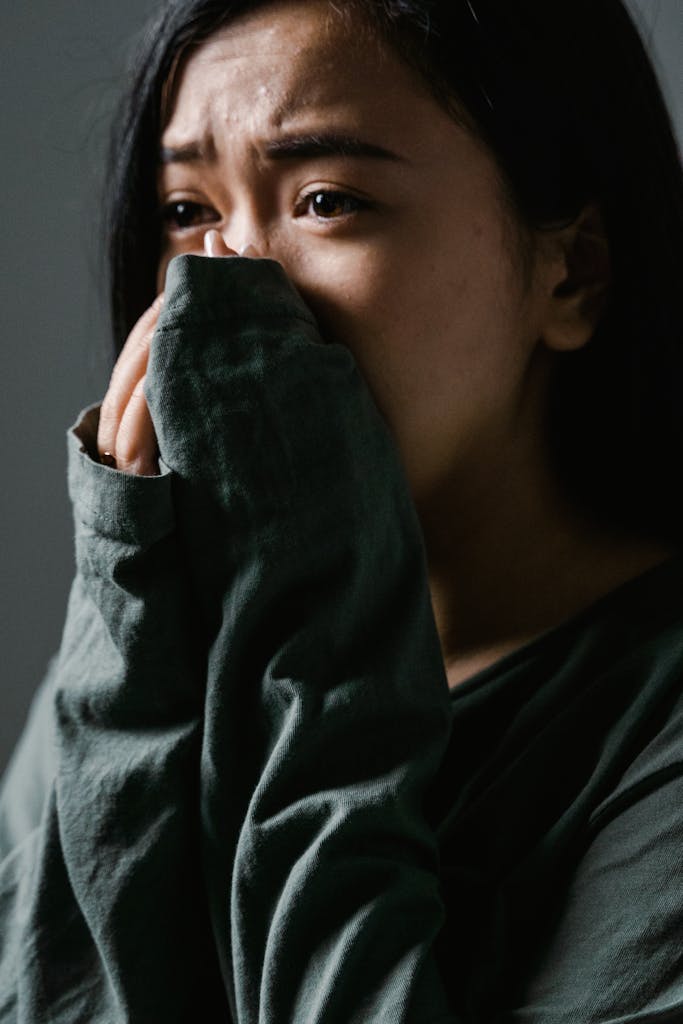
The Positive Conditioning and Fear
When exploring the complex interplay between psychology and the appeal of horror movies, the concept of positive conditioning emerges as a fundamental psychological mechanism that underpins the allure of fear-inducing cinematic experiences.
Positive conditioning involves the association of fear-inducing stimuli with a positive outcome, thereby fostering a psychological recalibration of the emotional response to fear.
Conclusion
In conclusion, the psychology behind horror movies is a complex and fascinating topic. Now we know that a combination of narrative techniques, psychological theories, and our own individual traits all play a role in our reactions to horror films. It is important to be aware of the potential effects of exposure to extreme fear and to be mindful of any pre-existing anxiety or fear disorders. By applying positive conditioning and understanding the allure of the unknown, we can overcome our fears and enjoy the thrill of horror movies in a safe and controlled manner. Ultimately, horror movies are not just about scaring us, but also about providing a unique and cathartic experience that allows us to explore our deepest fears and emotions.

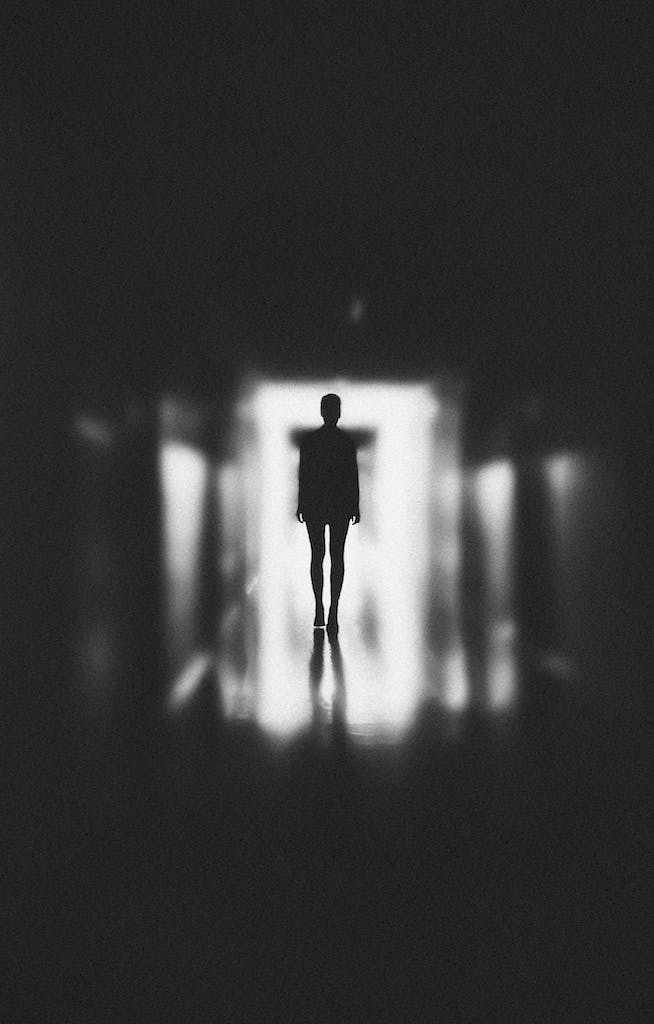
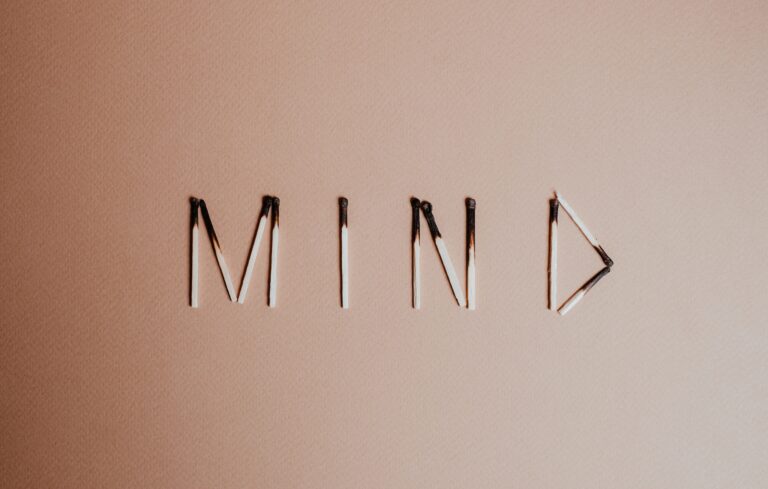
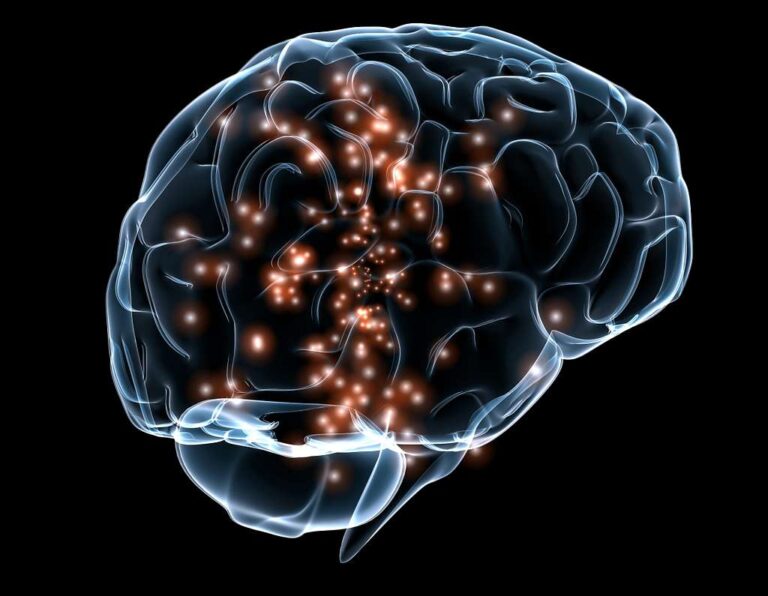



What’s Happening i am new to this, I stumbled upon this I have found It positively helpful and it has aided me out loads. I hope to contribute & aid other users like its aided me. Great job.